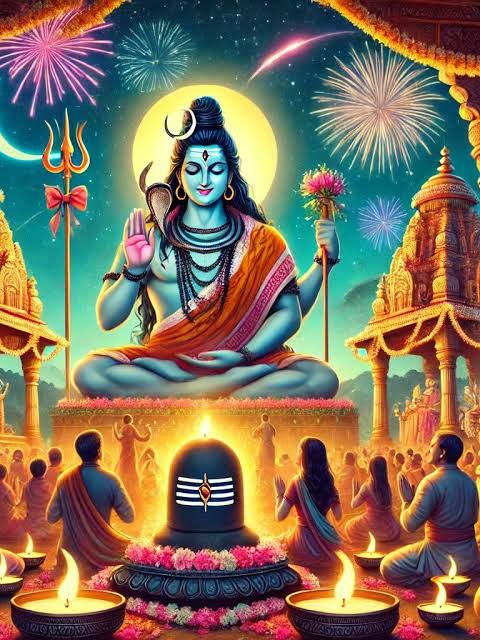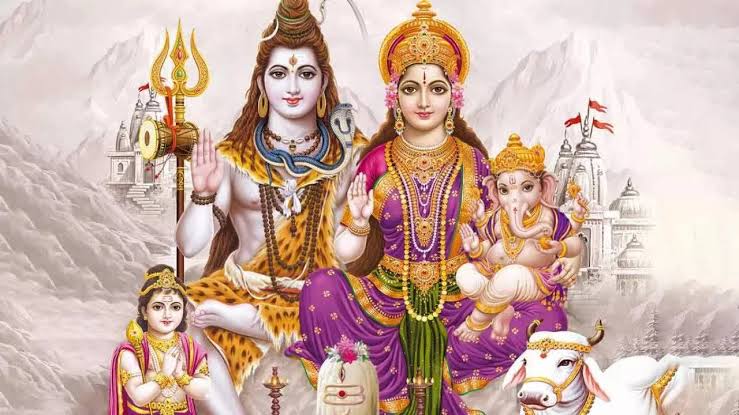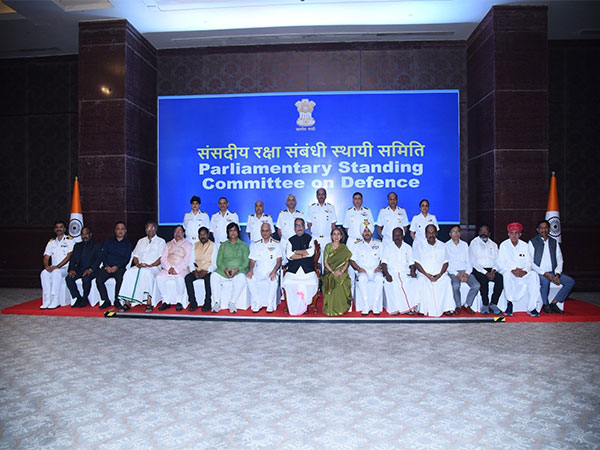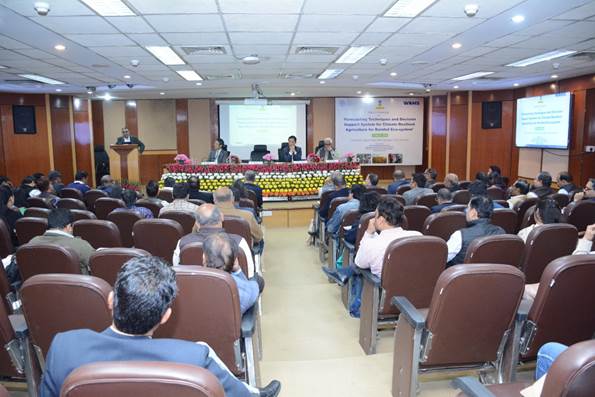Maha Shivratri, one of the most revered Hindu festivals, is set to be observed this year on February 26, 2025. Devotees across India eagerly await this sacred occasion, dedicating the day to prayers, fasting, and rituals in honor of Lord Shiva and Goddess Parvati. The festival holds immense religious and spiritual significance, marking the divine union of Shiva and Parvati, a momentous event celebrated with devotion and reverence.
 Maha Shivratri falls on the fourteenth night of the waning moon in the Hindu month of Phalguna, which typically aligns with February or March in the Gregorian calendar. It is a night of deep meditation, penance, and unwavering faith, where devotees engage in prayers that last until dawn. The belief is that sincere worship on this night brings immense blessings, spiritual growth, and the removal of past sins.
Maha Shivratri falls on the fourteenth night of the waning moon in the Hindu month of Phalguna, which typically aligns with February or March in the Gregorian calendar. It is a night of deep meditation, penance, and unwavering faith, where devotees engage in prayers that last until dawn. The belief is that sincere worship on this night brings immense blessings, spiritual growth, and the removal of past sins.
The observance of Maha Shivratri is marked by various rituals, with devotees offering milk, honey, curd, and ghee to the sacred Shiva Lingam, symbolizing purification and devotion. Many choose to fast, with some opting for a rigorous nirjala vrat—a fast without food or even water—to demonstrate their dedication and discipline. Throughout the night, temples resonate with the chanting of “Om Namah Shivaya,” and bhajans fill the air as devotees immerse themselves in spiritual fervor.
According to the Drik Panchang, the Chaturdashi Tithi, which marks the start of Maha Shivratri, begins at 11:08 AM on February 26 and ends at 8:54 AM on February 27. The most auspicious time for the Nishita Kaal puja, considered highly significant, is from 12:09 AM to 12:59 AM on February 27. Devotees observing a fast can perform the Shivratri Parana (breaking of the fast) between 6:48 AM and 8:54 AM on February 27.
Throughout the night, Shiva devotees engage in four rounds of prahar puja, each marking different phases of the night. The first prahar puja takes place from 6:19 PM to 9:26 PM, followed by the second from 9:26 PM to 12:34 AM, the third from 12:34 AM to 3:41 AM, and the final prahar from 3:41 AM to 6:48 AM. These rituals are performed with deep faith, symbolizing the shedding of darkness and the welcoming of divine enlightenment.
Temples across the country witness an influx of devotees, with special celebrations in major Shiva temples like Kashi Vishwanath in Varanasi, Somnath in Gujarat, and Kedarnath in Uttarakhand. The air is filled with spirituality as people offer their heartfelt prayers, seeking peace, prosperity, and the blessings of Lord Shiva.
Maha Shivratri is not just a festival but a deeply enriching spiritual experience for millions. Whether observing the fast, participating in temple rituals, or simply reflecting on the teachings of Lord Shiva, the day serves as a reminder of faith, endurance, and the power of devotion. As the night unfolds, devotees find solace in their prayers, believing that Shiva’s divine energy will guide them toward wisdom and inner peace.




